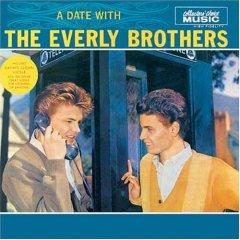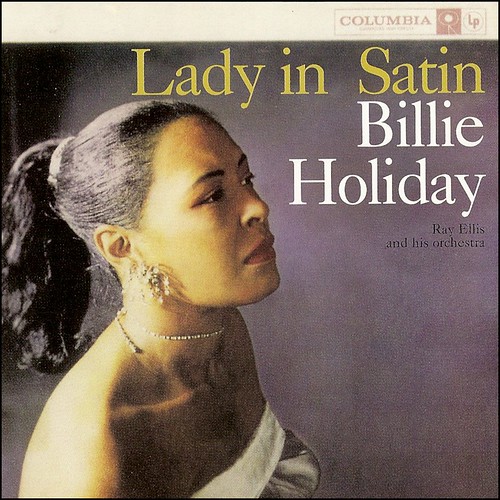
Tracks: I Got My Brand on You//(I'm Your) Hoochie Coochie Man//Baby Please Don't Go//Soon Forgotten//Tiger in Your Tank//I've Got My Mojo Working//I've Got My Mojo Working (Part 2)// Goodbye Newport Blues
NOTE TO THE READER - Since first reviewing this album I have listened to it yet again, and I like it a lot more than I did initially. 8.5/10
I don't go into albums hoping to be disappointed. In fact I listen to very few albums that I dislike, since I try to pick and choose and avoid stuff that I know I won't enjoy. The problem with a list like this, however, is that it frequently thrusts me into contact with things that, while excellent representations of their style and times, are not the sort of music I'd ever really want to listen to.
Which is a long way of saying that I guess this is pretty good, but it's not really my thing. I don’t know, it’s not really my thing. It’s a very well-played album, and the melodies are generally very strong, but Muddy Waters sings everything in such a stiff style that it doesn’t really resonate. Ok, so this is a brilliant album by the standards of electric blues – it’s just that I’ve never been a huge fan of electric blues. So, while I don’t really care for it all that much I will give it very high marks and urge people to go listen to it I guess. I like Howlin’ Wolf – is that enough?
Putting aside personal reservations, this is a very impressive album. The arrangements are dense and complex, folding tinkling piano and smooth underwater harmonica together over a plodding, boom-bap drum beat through which Waters occasionally sees fit to slither his rather impressive guitar. There’s some nifty slide work, and lots of fancy bends, and in the end the guitar sounds almost as much like the harmonica as the harmonica does. Then, Muddy, while he may have a vocal rhythm I’m not all that taken with, does have a wonderful deep voice, like a piece of oak. And he changes it up a bit, too – you get long, slow stuff on “I Got My Brand On You”, while “Tiger in Your Tank” is positively snappy – lots of toe-tapping fun. Hell the bridge on “Tiger in Your Tank” even rocks, and hard, with some amazing slithery guitar work. After “Tiger in Your Tank” things pick-up significantly, actually – Muddy Waters sounds much more natural in his vocals and everything swings without the stiffness of earlier on. The apex of this is the two-part “I Got My Mojo Working”, which lasts seven minutes and roars along on a snare drum, a snappy piano vamp and the handclaps of the audience. There's call-and-response vocals and amazing propulsive drumming and it's one of the hardest rocking things we've had so far. And then they do it all over again.
You get lots of pretty good stuff here. Technically, it’s very impressive, and the material is very strong. Most of the problems I have with it might actually be attributable to the fact that this is a live recording, and so loses a lot of the dense, low-fi, smoky charm of a studio recording.
I will never be the biggest fan of this sort of stuff, but it’s a very fine album, and managed to impress me despite myself. I think I think the problem might just be that it's one of those albums that isn't brilliant overall, but which has a few tracks that are good enough to make it essential listening. It’s a great example of Chicago blues, anyway, fusing gospel, jazz and, well, blues, into something extremely impressive - and Waters had an obvious hand in fellows such as James Brown and the Rolling Stones. I just wish Waters actually cared what he was singing about on the earlier songs, instead of just using the lyrics as a vehicle for his up-beat shouting. I mean, he did a great slow song with the closing "Goodbye Newport Blues"! It's a genuinely affecting song in which Muddy seems to really care about what he's singing, talking about his music and his life instead of cliche nonsense about doing chicks. I guess he just had to work up to it. This is a problem with live albums, I suppose. On the one hand you capture the moment but on the other you have to spend half the album waiting for the moment to arrive.
I am doing a bad review of this album but I don’t care.7.5/10
Download: Muddy Waters - I've Got My Mojo Working Mp3
Download: Muddy Waters - Goodbye Newport Blues Mp3
















